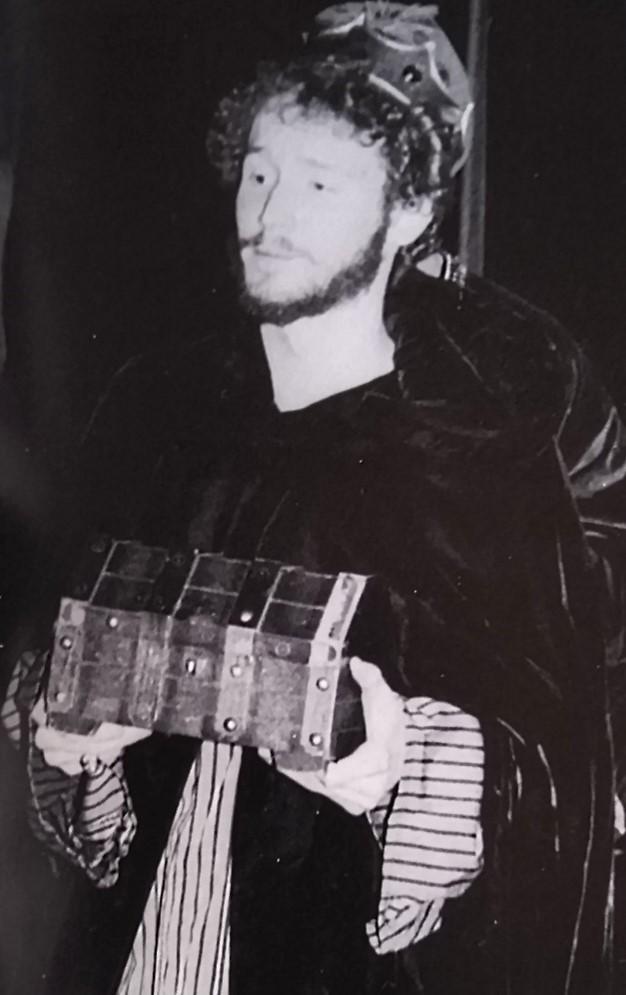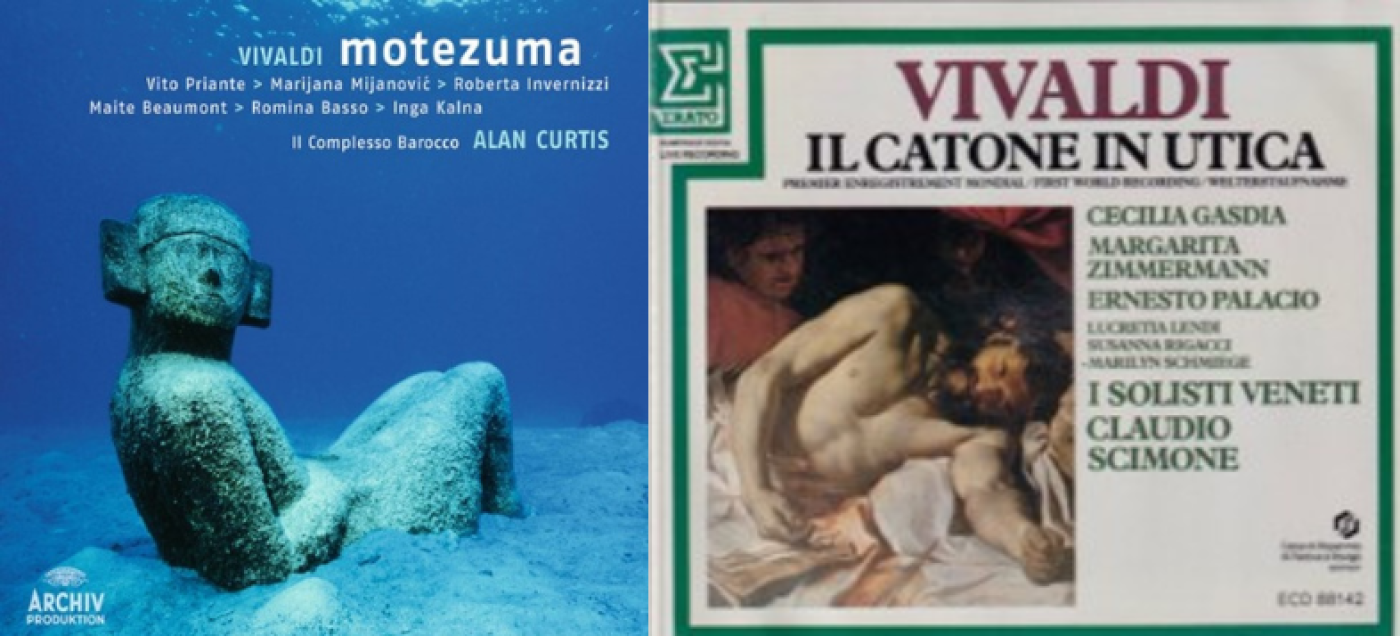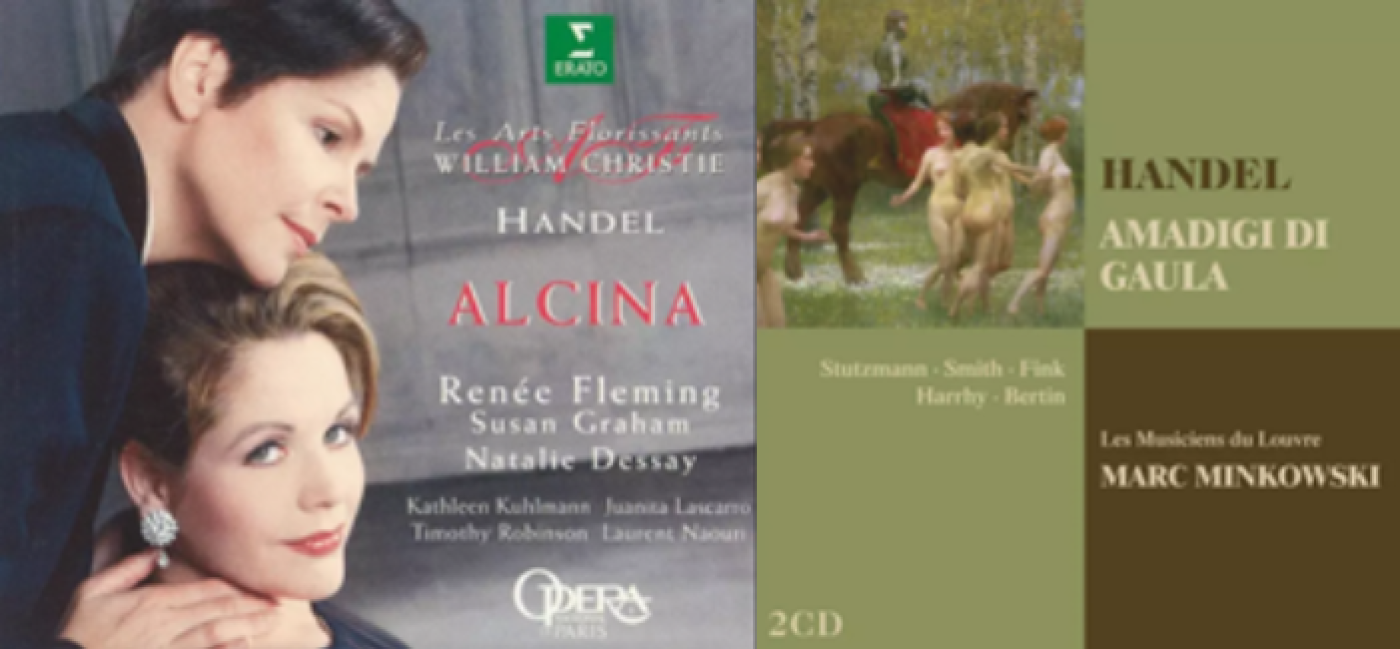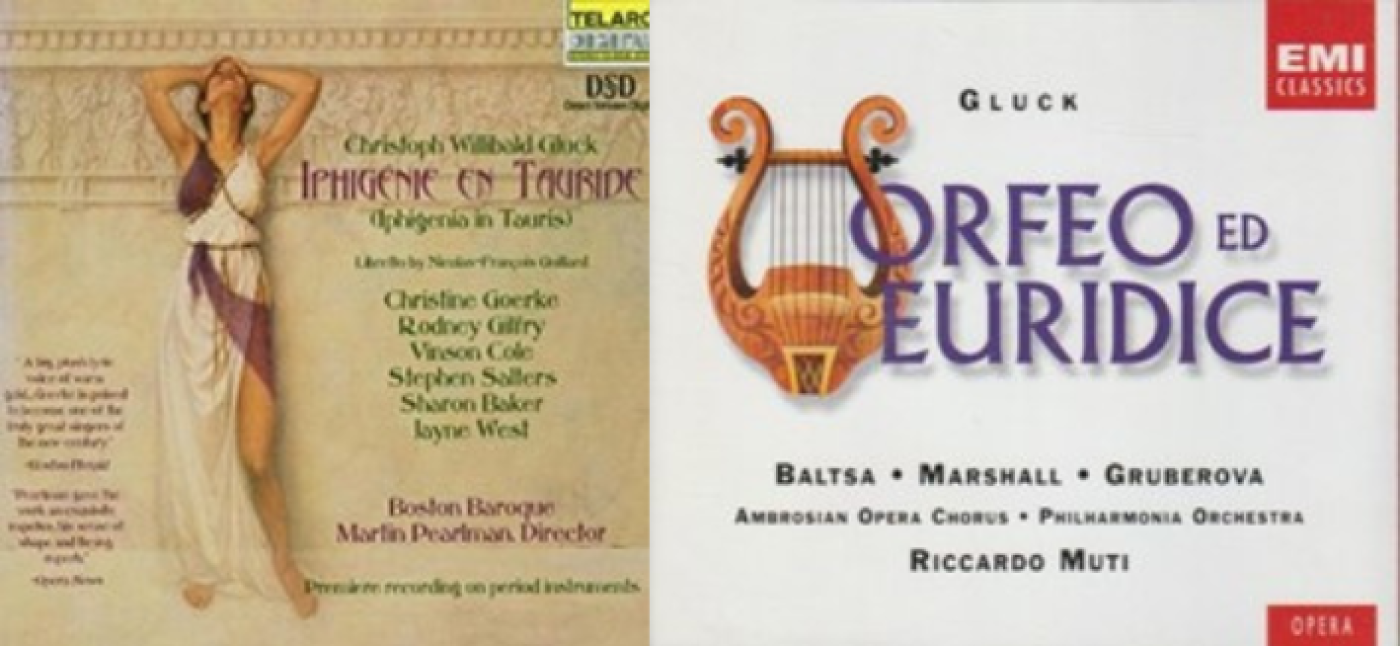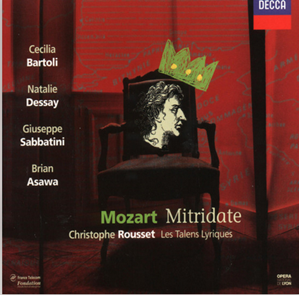I don’t often make new year’s resolutions, but I did make one for 2022: to be more of a nerd.
No joke.
I didn’t have a clear idea at first of what exactly this would entail, other than joyously and zealously leaning more deeply into the qualities of nerdiness: enthusiasm, curiosity, inquisitiveness, conscientiousness, and indifference to others’ disdain.
A few weeks into 2022, I came to greater clarity about my goal.
I resolved to be more of an opera nerd.
Yes, I was a nerd back then too.
Since I was 9 years old, when I attended a production of Gian-Carlo Menotti’s Amahl and the Night Visitors that my local high school mounted annually, I have always loved opera. (This was not only the first opera I ever heard, but the first one I was in.)
Yet there is so much I still have to learn about opera. Where to start?
Well, where else but with WETA VivaLaVoce? The Station that Sings!
I resolved that the opera-nerdiest thing for me to do would be to listen to all of the opera albums that are featured on Opera at 8 / Opera Encore (O@8/OE), which are broadcast every day on WETA VivaLaVoce at 8PM ET and 3PM ET respectively.
I host a segment on WETA VivaLaVoce daily, so I am pretty familiar with our offerings. I ascertained that there are 203 albums in our current O@8/OE rotation; I catalogued all these into a spreadsheet in more or less chronological order, which I keep in a computer file folder entitled “Mission: Cantabile.” Because of course I do.
And one by one, I have been listening to these operas.
I prefer to listen to a whole opera in one sitting, so I’ve averaged a little over an opera a week; by now I’ve heard about 60 of the operas.

It’s difficult to adequately describe what a thrill this experience has been.
So much I didn’t know before doing this! So much I’m learning and discovering!
Did you know that Giasone by Francesco Cavalli (1602-1676), after its 1649 premiere, became perhaps the most often-performed opera in the seventeenth century? Neither did I.
Do you know about opera in Hamburg in the early eighteenth century, and the contributions to it by the prolific Reinhard Keiser (1674-1739)? I sure didn’t. But listening to the recording we share of his Croesus (of the 1730 version, as the original 1711 score is lost) made me want to learn — and hear — more.
Did you know that Italian composer Antonio Sacchini (1730-1786) lived in various European cities before settling in Paris, where his greatest work, Oedipe à Colone, was a flop at its first performance in 1786, and that the composer died broken-hearted, only for the work to be a stunning success just after his death? The 2005 Oedipe album you can hear on WETA VivaLaVoce was recorded in the Washington area, at the Clarice Smith Performing Arts Center at the University of Maryland.
Prior to this nerdy undertaking, I hadn’t been well acquainted with the operas of Jean-Baptiste Lully (1632-1687), a close confidant of le roi soleil Louis XIV and, in essence, the father of French opera as the progenitor of the tragédie en musique. The album of his Thésée you can hear on WETA VivaLaVoce comes from the 2006 Boston Early Music Festival.
Exploring Lully more deeply also helped me understand the controversy over Jean-Philippe Rameau’s (1683-1764) first opera, Hippolyte et Aricie, which shocked many Parisian opera lovers in 1733 by — gasp! — daring to defy some of the operatic norms that Lully had established. These kinds of questions about cultural heritage, national identity and evolving tastes seem just as relevant to our time and place. And we share two recordings — both wonderful — of Hippolyte on O@8/OE, one conducted by Marc Minkowski, the other by William Christie, both great interpreters of Rameau.
Discovering more about very well-known composers has also been an indescribable delight for me. Many people quite familiar with Antonio Vivaldi (1678-1741) don’t know that he was a prolific opera composer: he claimed to have composed more than ninety! You can hear eight of them on O@8/OE, and they’re all fantastic. They include Motezuma (1733), possibly the first opera set in America, and Catone in Utica (1737), an opera with a libretto by Pietro Antonio Domenico Trapassi (1698-1782), who wrote under the nom de plume Pietro Metastasio, one of the most significant and influential figures in eighteenth-century opera. Metastasio’s Catone in Utica was set to music not only by Vivaldi, but by dozens of other composers from its first appearance in 1727 all the way up to the 1790s. This was a common practice at the time; the insistence on originality that we take for granted in our day didn’t really exist in European culture until the nineteenth century.
I scarcely know what to say about George Frideric Handel (1685-1741) and the fascinating twists and turns of his opera career. (John Banther and I scratched the surface in a recent Classical Breakdown.) The psychological depth he is able to infuse into his opera characters is astonishing. And I could easily write a hundred blog posts about the ways in which Christoph Willibald Gluck (1714-1787) transformed opera.
The operas that Wolfgang Amadeus Mozart (1756-1791) composed in his mature years, such as Le nozze di Figaro, Don Giovanni, and The Magic Flute are well known; our O@8/OE presentations include not only these, but many of his earlier operas as well. Learning about his development by reading and listening has been an ecstatic revelation. I hadn’t known that he composed Mitridate, re di Ponto when he was 14 years old for a performance in Milan and was invited back for the following two seasons to compose new operas for that company, which later evolved into La Scala. I hadn’t known that Mozart yearned to succeed as a composer of Italian opera seria, with its grandiose arias, kings, heroes and gods, but ironically, it would be in the supposedly lighter realms of Italian opera buffa and dramma giocoso and in the German Singspiel that he would compose some of the most sublime operas ever written.
I’ve put together a Spotify playlist (see below) that’s just a tiny sampling of these treasures.
My new year’s resolution for 2023: keep going! It will take me three or four years to listen to all 203 of ’em. Maybe next December I’ll write a Classical Score article about the nineteenth century operas I’ll encounter.
I shall no doubt be a very happy nerd all the while.
Evan Keely's Opera Nerd Playlist
PBS PASSPORT
Stream tens of thousands of hours of your PBS and local favorites with WETA+ and PBS Passport whenever and wherever you want. Catch up on a single episode or binge-watch full seasons before they air on TV.
